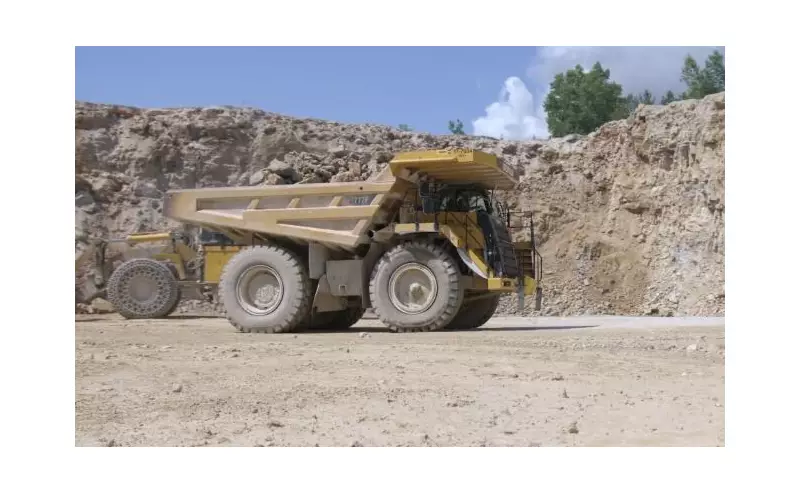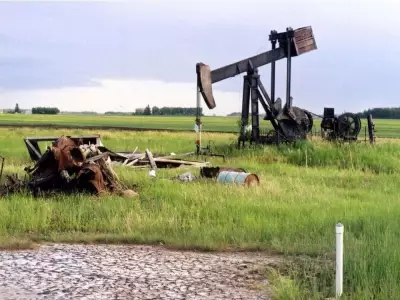
In a significant decision affecting Ontario's construction and mining sectors, the London local council has rejected a proposed bylaw that would have temporarily halted new gravel pit applications in the region.
Council Vote Rejects Temporary Moratorium
The motion to implement a pause on gravel pit applications was formally denied during council proceedings, maintaining the current status quo for aggregate extraction operations in the area. This decision comes amid ongoing debates about resource management and environmental considerations in Ontario's growing construction industry.
The rejection means that gravel pit operators can continue submitting new applications without interruption, providing continuity for projects that rely on these essential construction materials. The aggregate industry represents a crucial component of Ontario's infrastructure development, supplying materials for everything from road construction to building projects.
Broader Context of Ontario's Aggregate Industry
Ontario's stone, sand, and gravel association has consistently emphasized the importance of maintaining consistent access to these fundamental resources. The industry supports numerous construction projects across the province and provides employment for thousands of workers in various regions.
The council's decision reflects the challenging balance municipalities must strike between environmental concerns, community interests, and economic development needs. Gravel pits remain essential for meeting the demands of Ontario's construction and infrastructure sectors, particularly as the province continues to experience growth in both urban and rural development.
Implications for Local Development and Environment
While the council has chosen not to implement a temporary pause, the debate surrounding gravel pit operations continues to evolve. Community groups and environmental advocates have raised concerns about the impact of aggregate extraction on local ecosystems, water resources, and quality of life for nearby residents.
Meanwhile, industry representatives argue that responsible gravel pit operations are essential for economic development and infrastructure maintenance. The decision maintains London's current approach to aggregate resource management while leaving the door open for future policy discussions as circumstances change.
This development occurs within the broader context of Ontario's resource management policies, where municipalities increasingly face complex decisions about balancing economic development with environmental protection and community interests.





